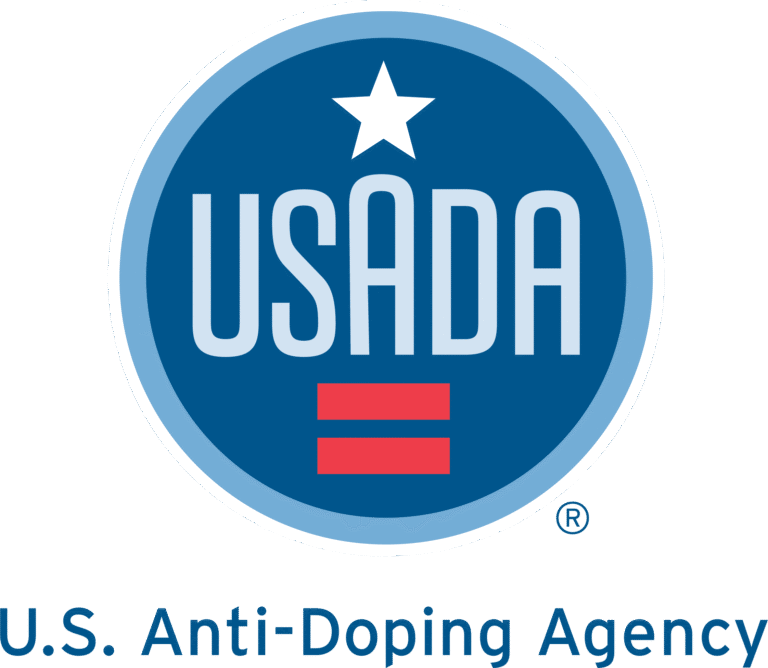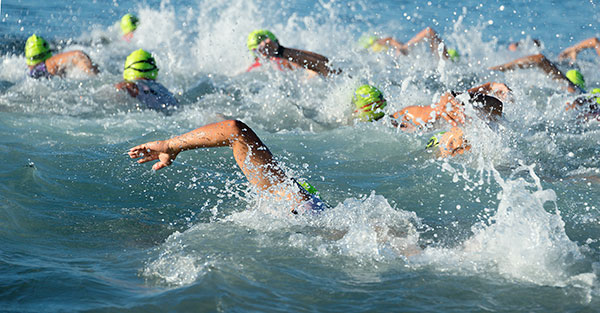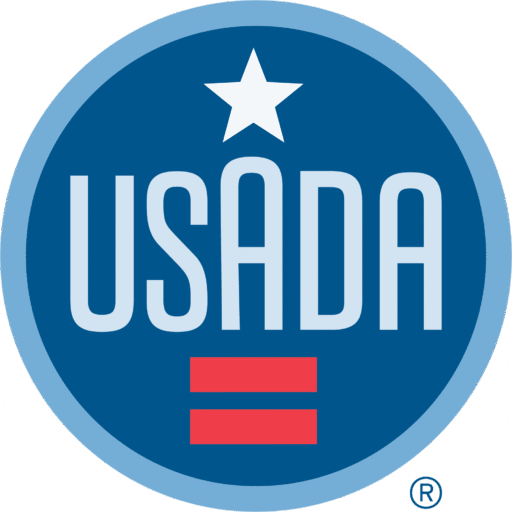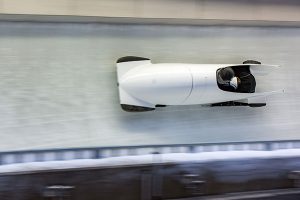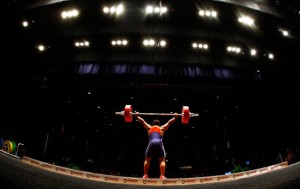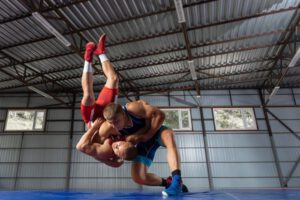USADA announced today that an independent arbitrator with the Court of Arbitration for Sport (CAS) has denied the appeal of triathlon athlete Andrew Starykowicz, of Wauconda, Ill., challenging the decision of USADA’s independent TUE Committee (TUEC) to deny his request for a Therapeutic Use Exemption (TUE).
Starykowicz, 38, applied to USADA for a TUE for the beta-2 agonist vilanterol, prohibited at all times, on October 15, 2019. While his TUE application was pending, Starykowicz competed in an IRONMAN® triathlon in Panama City, Florida on November 2, 2019. Starykowicz submitted an in-competition urine sample at the event, which later tested positive for vilanterol.
Starykowicz’s TUE application was thoroughly reviewed by a USADA TUEC panel of three medical experts based on the World Anti-Doping Agency International Standard for TUEs (ISTUE). USADA’s TUEC unanimously determined that the alleged medical need and proposed treatment with vilanterol did not meet the ISTUE criteria. Following this review, the TUEC denied the TUE application for vilanterol on November 8, 2019. The athlete then requested a medical review, which was completed by a fourth USADA TUEC member, and that review confirmed the TUE denial. On February 4, 2020, Starykowicz requested review by the World Anti-Doping Agency (WADA) TUEC, and on March 6, 2020, the WADA TUEC concluded that the USADA TUEC decision should be upheld.
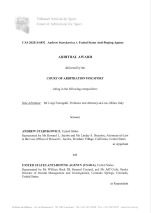
The athlete subsequently appealed USADA TUEC’s decision to CAS, and a hearing was held on June 24, 2020. USADA defended its TUEC’s decision, noting that Starykowicz failed to establish that there were no permitted therapeutic alternatives to using an inhaler containing vilanterol, as required under the ISTUE. Based on the evidence presented, the CAS arbitrator upheld the USADA TUEC’s decision to deny Starykowicz’s TUE, agreeing that the athlete “has not discharged the burden he had to prove, on balance, that the existing alternative therapies . . . are not reasonable.” The CAS award, as well as other arbitral decisions, can be found here.
With the conclusion of the TUE appeal, the IRONMAN Anti-Doping Program proceeded with its case against Starykowicz related to his positive test on November 2, 2019 and announced an anti-doping rule violation and sanction in accordance with its rules. That announcement can be found here.
In an effort to aid athletes, as well as support team members such as parents and coaches, in understanding the rules applicable to them, USADA provides comprehensive instruction on its website on the testing process and prohibited substances, how to obtain permission to use a necessary medication, and the risks and dangers of taking supplements as well as performance-enhancing and recreational drugs. In addition, USADA manages a drug reference hotline, Global Drug Reference Online (www.GlobalDRO.com), conducts educational sessions with National Governing Bodies and their athletes, and distributes a multitude of educational materials, such as an easy-reference wallet card with examples of prohibited and permitted substances, a supplement guide, an athlete handbook, and periodic alerts and advisories.
Along with education and testing, robust anti-doping programs enable investigations stemming from tips and whistleblowers. USADA makes available a number of ways to report the abuse of performance-enhancing drugs in sport in an effort to protect clean athletes and promote clean competition. Any tip can be reported using the USADA Play Clean Tip Center, by email at playclean@usada.org, by phone at 1-877-Play Clean (1-877-752-9253) or by mail.
USADA is responsible for the testing and results management process for athletes in the U.S. Olympic and Paralympic Movement and is equally dedicated to preserving the integrity of sport through research initiatives and educational programs.
For more information or media inquiries, click here.
